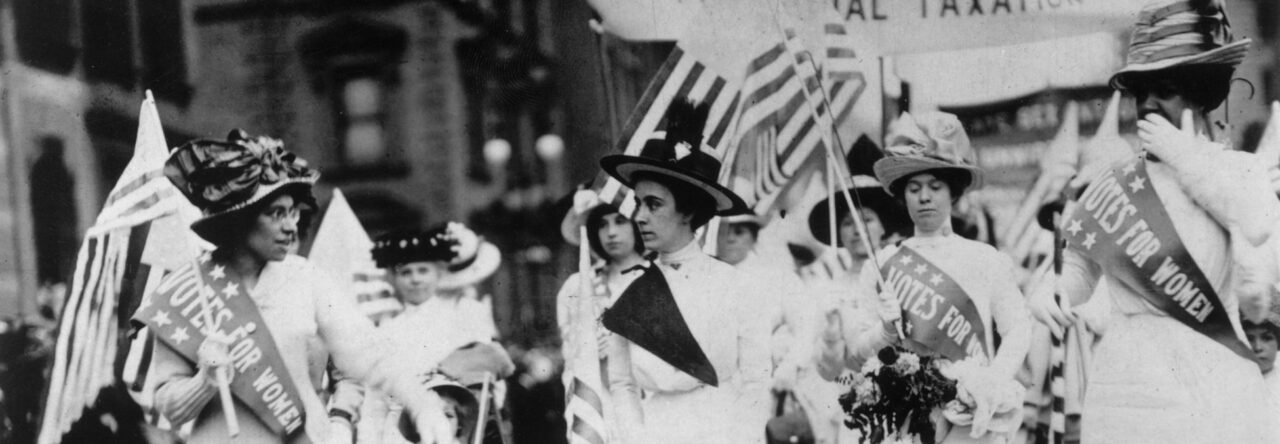 “From the moment that the very first returns were received there was never a minute of doubt that Gov. Wilson had made a clean sweep of the country […] From that time on the only interest manifested was as to whether Col. Roosevelt or President Taft would run second.” – New York Times
“From the moment that the very first returns were received there was never a minute of doubt that Gov. Wilson had made a clean sweep of the country […] From that time on the only interest manifested was as to whether Col. Roosevelt or President Taft would run second.” – New York Times
For Taft supporters, the election results had only demonstrated one thing: Theodore Roosevelt’s selfish crusade had handed Wilson the presidency with only 42% of the popular vote. As Chairman of the Republican National Committee, Charles D. Hilles argued, “the responsibility for [Wilson’s victory] must rest squarely and solely upon Mr. Roosevelt. But for Mr. Roosevelt’s action in deserting the Republican Party Mr. Taft would have been elected.” Hilles also promised that “the Republican Party will pursue and maintain its policies with undiminished confidence,” while the publisher of the Baltimore American and Baltimore Star, Gen. Felix Agnus assured Republicans that Taft had only finished in third because:
“the fear of Roosevelt was so great that we could not control our Republican vote. While many remained loyal, the great majority, fearing that Roosevelt and radicalism would prevail, voted for Wilson en masse: and while it is a blow and defeat to the Republicans, they preferred the less of two evils, thereby saving the Republican Party, which they feared Roosevelt would overturn.”
At the same time, the Progressives claimed to see victory in defeat. It was the first time in the history of the United States that a third party candidate would finish second in a national election. Thus Chairman Francis W. Bird of the New York County Committee declared, “within three months we have founded a party and have decisively defeated the Republicans in this country.” The Chairman of the National Bull Moose Party, Senator Joseph M. Dixon further suggested, “the result of today’s balloting makes the Progressive Party the dominant opponent of the Democratic Party. Today the old Republican Party becomes ‘the third party’ in American politics.”
John Callan O’Laughlin of the Chicago Daily Tribune concluded, “it was a day of victory for the Democrats, a day of satisfaction for the Progressives, a day of gloom for the Republicans.” According to historian James Chace, “had the charismatic Roosevelt received the Republican nomination, he almost surely would have won [the general election]” (Chace, 6). However, once Roosevelt lost the nomination and decided to run as a third party candidate against his own former party, a divide in the Republican base was created that was simply too large for either Taft or Roosevelt to overcome. As Paul Rorvig writes, the 1912 election proved that “an Elephant divided by a Bull Moose equals a Donkey.” (“Clash of the Giants”, 46)

Leave a Reply
You must be logged in to post a comment.